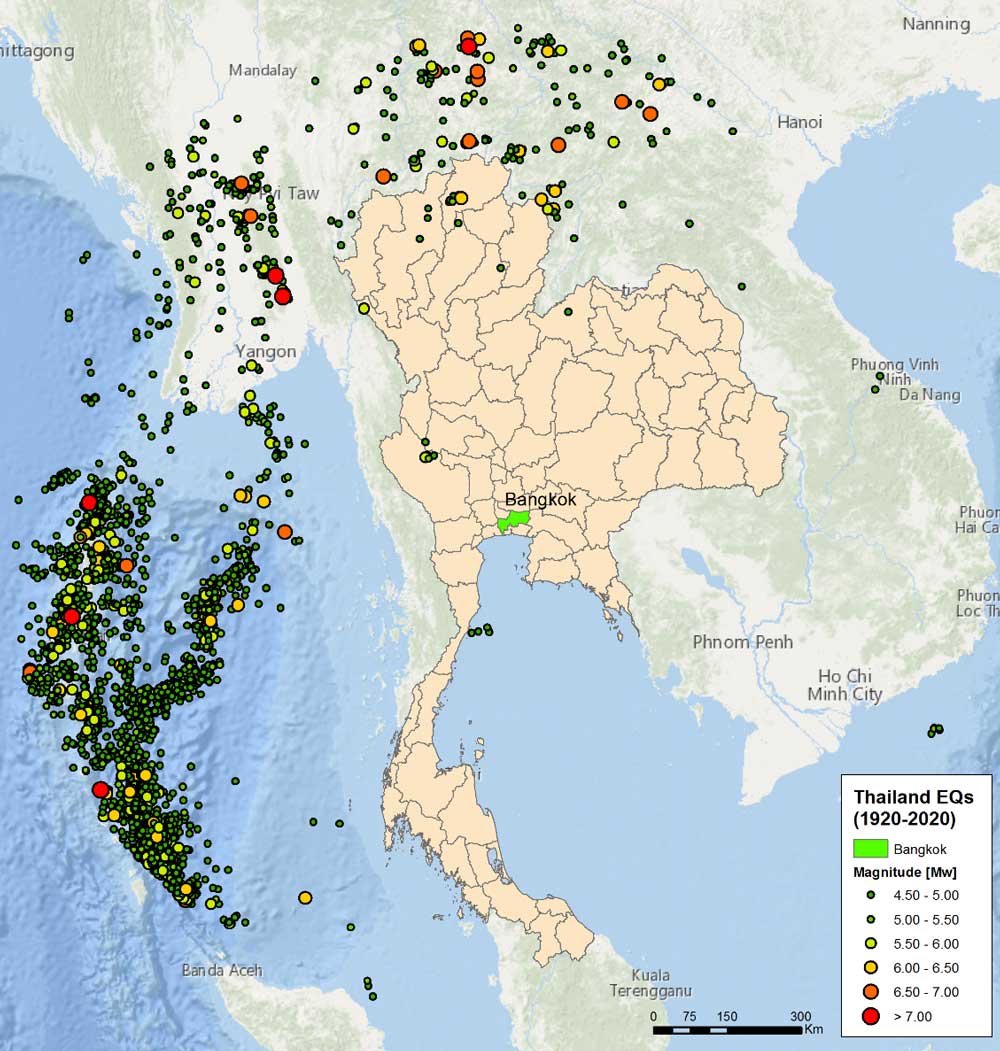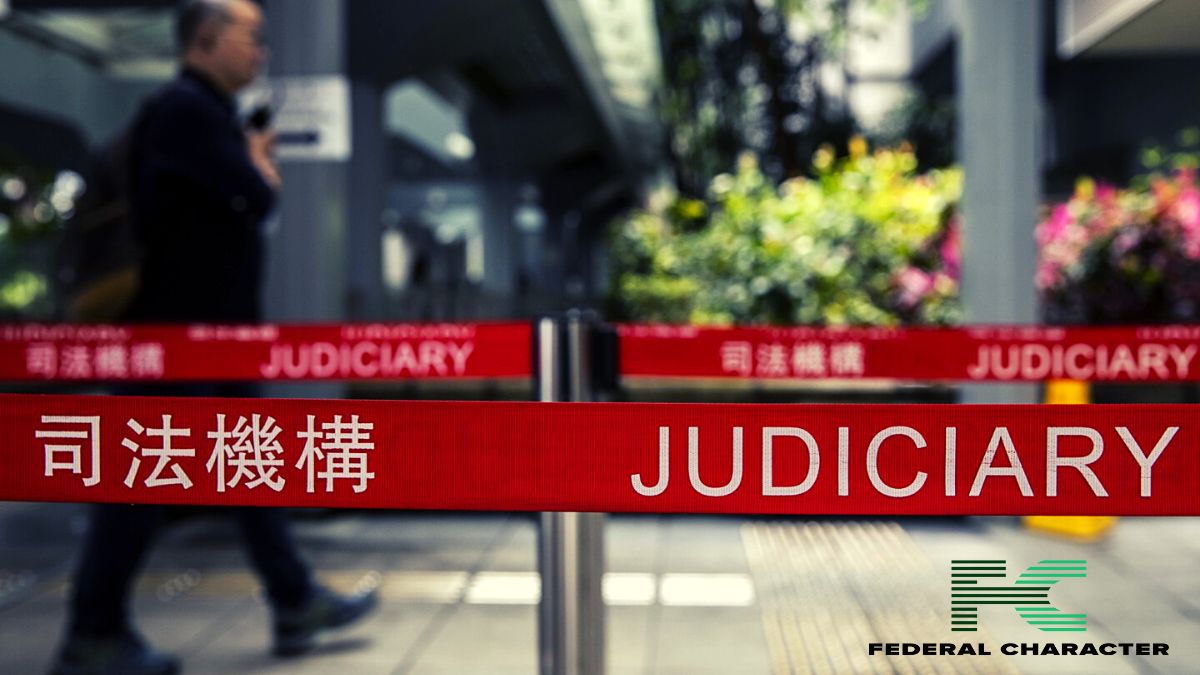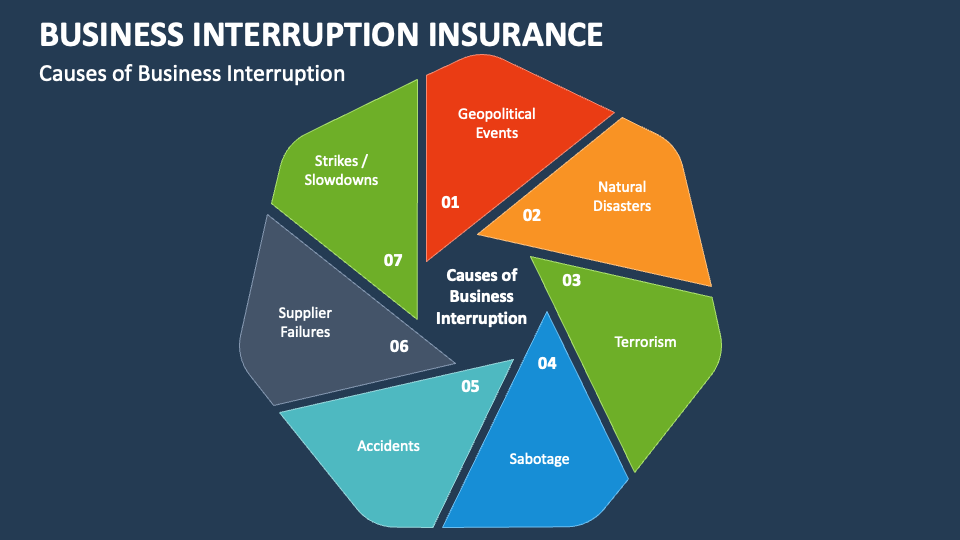
Impact on Infrastructure and Safety Measures
The 7.7-magnitude earthquake in Myanmar caused significant structural damage in Thailand, particularly in Bangkok. A 33-storey skyscraper under construction collapsed, trapping workers and leading to a large-scale rescue operation. Authorities declared the area a disaster zone, with at least 10 fatalities, 16 injuries, and 101 people reported missing.
Thai officials have implemented strict safety protocols to prevent further incidents. Engineers are inspecting buildings, bridges, and roads to ensure they are safe. The Metro rail system, temporarily shut down after the quake, has reopened after thorough safety checks.
Hotels and tourist facilities are also taking precautions. Many have reinforced structures and are monitoring for aftershocks. Tourists are advised to stay in buildings that meet earthquake-resistant standards.
Travel Advisories and Safety Precautions for Tourists
Several countries, including India, have issued travel advisories for Thailand. Indian nationals are urged to contact the emergency number 66 618819218 if needed. Tourists should stay updated through local news and follow safety guidelines, such as avoiding damaged buildings and knowing evacuation routes.
Travel insurance is highly recommended, as it covers emergencies like natural disasters. Tour operators are also assisting clients by providing safety information and alternative travel plans if necessary.
Economic Impact and Tourism Recovery
The earthquake has temporarily affected Thailand’s tourism industry. Some attractions and hotels closed briefly for safety checks, but most have reopened. The Thai government is working to reassure visitors by promoting safety measures and transparency.
Local businesses are resuming operations quickly, focusing on providing a secure environment for tourists. Social media campaigns are highlighting Thailand’s resilience and readiness to welcome visitors.
Environmental and Geological Considerations
The earthquake occurred due to tectonic plate movements in the region. Aftershocks are possible, and seismic activity is being closely monitored. Popular tourist destinations in Thailand, such as Phuket and Chiang Mai, are geologically stable and not directly affected.
Thailand is adopting earthquake-resistant construction practices to minimize future risks. International organizations are providing expertise to help the country improve its disaster preparedness.
Cultural and Social Impact
The earthquake has brought local communities together, with many supporting rescue and recovery efforts. Tourists are encouraged to respect local customs and contribute to rebuilding efforts. International aid is also playing a crucial role in the recovery process.
By staying informed and taking precautions, tourists can safely visit Thailand and support its recovery.



